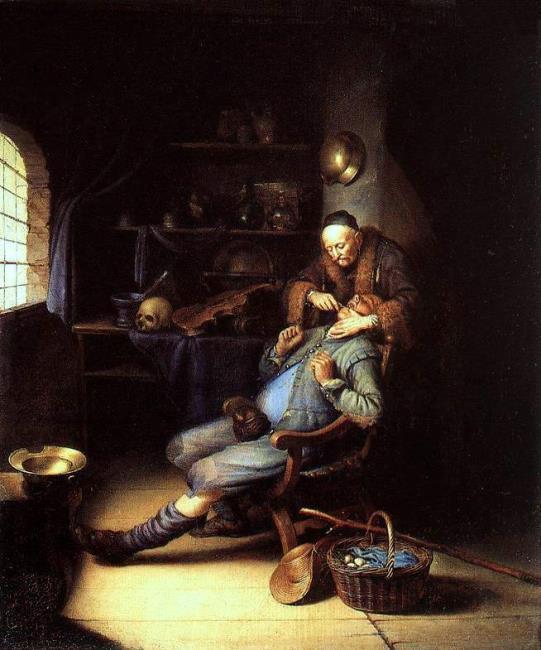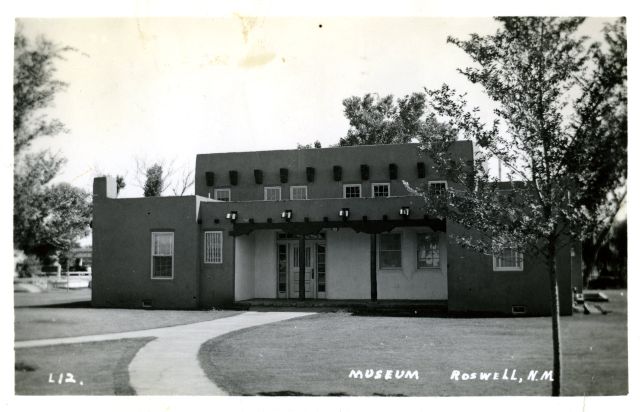In my previous post, I was talking about some of the ways in which I’ve changed between completing my Master’s and starting my PhD. I talked about the advantages of being older, having more experience, and the trials and tribulations of having a shorter attention span. I left out the biggest change though, which I’d like to talk about today.
To put it rather flippantly, I went to grad school the first time around because I liked school and didn’t want to get a job. Or, more accurately, I knew that a B.A. in art history wouldn’t get me the kind of job I’d like to have and that my chances were better if I had a Master’s. Throughout the program, I understood its value to my future career and studied a lot of interesting things. Yet I always felt my work lacked relevance, or at the very least, it didn’t resonate that deeply with me. I could get interested in just about any topic, but I didn’t know what my driving questions were. I would sign up for a class, write a paper relating to that topic, and move on to something else. Of course, the point of getting Master’s is to explore a variety of topics within your field of choice (as opposed to the Ph.D./dissertation, which is about specialty), so I wasn’t doing anything wrong. Yet if you had asked me what my primary research interests were, I might not have been able to give a clear answer.

More troubling for me, I couldn’t see the relevance of my work to the rest of the world. Researching dental scenes was fine, but how did that relate to contemporary society (other than affirming a common fear of dentistry)? While I think that all research is important, I knew I personally wouldn’t be able to thrive in a Ph.D. program unless I knew my work had some resonance for
These days, however, I believe my work is very relevant. During the eight years I spent in museums, I reflected on my previous research and began to discover common themes running through it. Despite the variety in topics and time periods, I realized that travel and the transformation of ideas within various geographic and social contexts underpinned much of my research. Working in museums, I regularly had to think about outreach, accessibility, and making art approachable to different audiences. Community art centers like the Roswell Museum when it first opened in 1937, with their focus on travel and arts access, combine both of these interests effectively, making them an ideal project for my dissertation.

Yet my research isn’t just about one topic. Although I research community art centers now, what I’m thinking about more broadly is arts accessibility. How does art travel? Who gets to see it, and who doesn’t? Which works get to be seen, or not? Which art techniques are considered worthy of teaching? Which ones get left out? Travel plays into my work, but the idea of access, or lack of access, is equally important. At a time when arts programming continues to be regarded as optional, I believe it’s important to take a closer look at who gets to benefit from it, and who doesn’t.
This is ultimately why I’m so glad I waited to go back for my Ph.D. Taking the time to work and evaluate enabled me to look back on my old research with fresh eyes and finally identify some of the questions that had guided me all along.